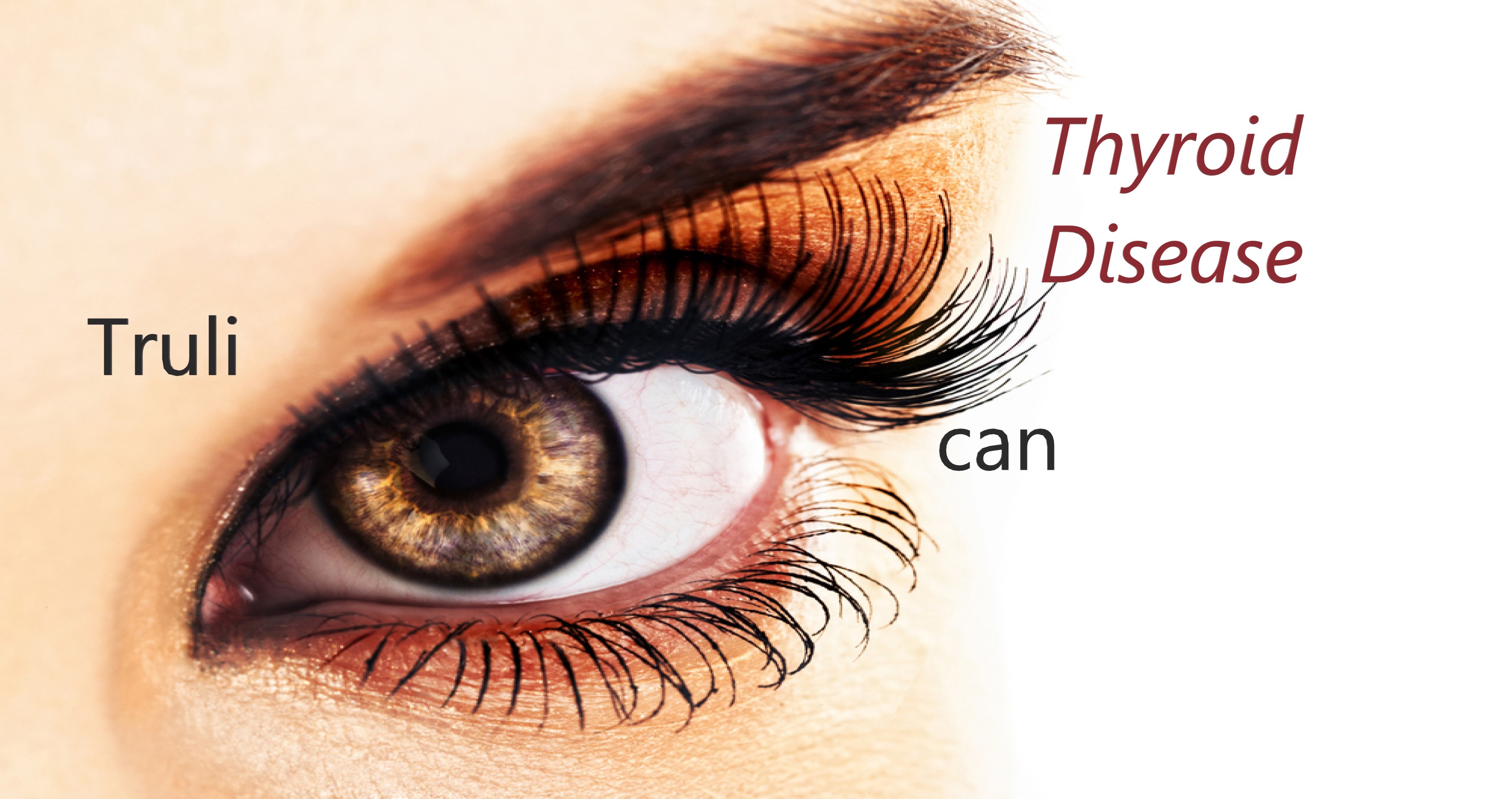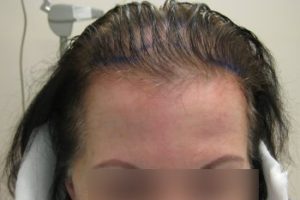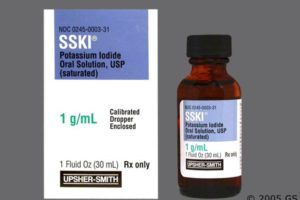Foods to avoid with Graves’ disease or an auto-immune disorder. The immune system with Graves’ produces antibodies that attack the thyroid. Your thyroid is responsible for the function of metabolism, which regulates energy production and body temperature. Many medical treatments are available to combat Graves’ disease, but it is also important to ensure that you provide a diet that will not aggravate your immune condition.
A great idea is to eat natural foods that are not processed. Avoid coming in contact with hidden iodized salt, sugar, additives and preservatives, and eliminate foods that tend to create allergies, such as peanuts, dairy, and eggs. Try to find replacements for your favorite foods that are on the no-no list. Cook meals at home that accommodate your new diet.
Allergen foods
Foods that tend to cause allergies, such as soy, wheat, dairy, peanuts, and foods with additives, avoid if you are suffering from Graves disease. This is true of anyone who has an autoimmune disorder because the body’s immune system produces antibodies that attack the system. Foods that contain allergens, such as eggs and wheat, can stimulate the production of antibodies that can affect the thyroid.
If you do not have any allergies to these foods, you may be able to consume them in moderation, but check with your doctor to be on the safe side. It might be difficult at first to eat such a restricted diet, but you can soon find replacements, such as rice instead of pasta, and almond milk instead of soy and dairy. You may also want to avoid processed foods and eat homemade food whenever possible.
Caffeine
Caffeine can increase anxiety and feelings of overstimulation because of the association with hyperthyroidism and Graves disease. Graves’s disease can also increase insomnia and caffeine can aggravate this disorder. You will want to avoid coffee, tea, cola, and chocolate. The sugar that also goes with caffeinated beverages should also not be consumed. Excessive consumption of caffeine can also lead to heart palpitations which are also common with this illness.
If you find it difficult to quit caffeine suddenly, cut back gradually. You may experience headaches or other symptoms by giving up caffeine at first, but you will also feel less anxious as you cut out stimulants from your diet. Try to avoid stimulants because they may contribute to the symptoms of hyperthyroidism. Some medications contain caffeine, such as pain relievers, so make sure to check the label.
Cruciferous Vegetables
Although broccoli and cauliflower are healthy for most people, they should be avoided by those with Graves disease, those who develop goiters and people who run the risk of both hyperthyroidism and hypothyroidism. Cruciferous vegetables include a long list of otherwise healthy foods such as broccoli, cauliflower, cabbage, turnips, rutabaga, kale, bok choy, wasabi, horseradish, and watercress.
Issues these vegetables may cause lead to goiters, which can create an imbalance in thyroid production. Once a goiter is formed, more thyroid hormone is produced, and hyperthyroidism can result. It may be hard to avoid these vegetables at first, particularly if you like leafy greens, but you can replace them with other nutrients. Discuss with your doctor on which foods to avoid with Graves’. I was told that as long as my broccoli is steamed, I am good.
Dairy
Dairy products can hurt many people with autoimmune disorders. Like gluten, the protein in dairy, casein, can be mistaken for thyroid and can cause your immune system to attack the thyroid if you have Graves disease. You may not have to eliminate dairy but reduce it. Eating probiotics, such as yogurt, may enhance gut health.
If you feel a bloating in your gut after eating dairy products, you should avoid drinking milk, eating cheese, and consuming ice cream. Dairy, eggs, and gluten are allergens, and those who suffer from Graves’ disease should avoid them. You can find alternatives to dairy by using coconut oil or coconut cream and almond milk. You can also use cashew milk or cashew butter to replace dairy products and add protein to your diet.
Iodine Foods
Iodine has a powerful effect on the thyroid gland, and if there are disturbances in the thyroid gland, it is a good idea to be careful about consuming too much iodine. If you are undergoing radioactive iodine therapy, you will need to cut iodine out of your diet entirely. The foods that are the most commonly associated with iodine are seaweed, such as nori wrappers used for sushi and sea vegetables and shellfish, such as shrimp, oysters, and clams.
Remove iodized salt from your diet, and replace it with Mrs. Dash or alternative salts that do not contain iodine. Many hidden sources of iodine are found in items like multivitamins that contain kelp, dairy products, and processed baked goods that may have iodine in their dough conditioners. Soy products may also contain iodine, and because of the effect on the thyroid, those with Graves’ disease should avoid such foods.
Soy
Although soy is popular for many vegans, individuals with Graves’ disease should avoid soy. This includes tofu, tempeh, soy milk, and artificial dairy products, such as cream cheese and ice cream made with soy rather than dairy. Soy contains compounds or isoflavones that can stimulate the production of antibodies that work against the thyroid gland.
If you are prone to developing a goiter, as someone with Graves disease, avoid soy because it can contribute to hormone imbalances. This may lead to the enlargement of the thyroid gland. Look for almond milk rather than soy milk or rice milk, which does not produce allergies or irritation. You can use healthy fats and proteins as an alternative to soy. Also, beware of soy sauce and edamame.











Leave a Reply
Your email is safe with us.
You must be logged in to post a comment.